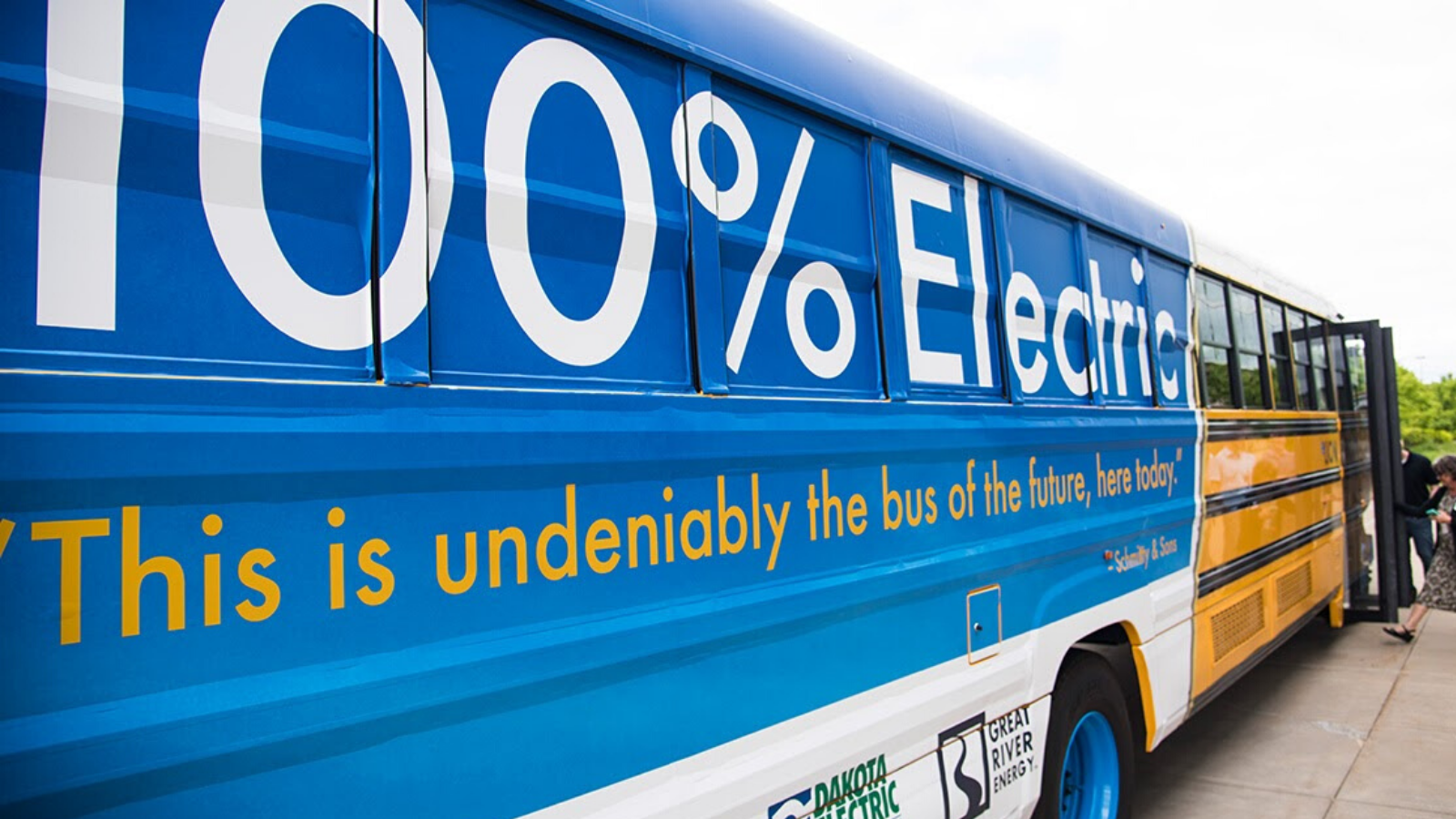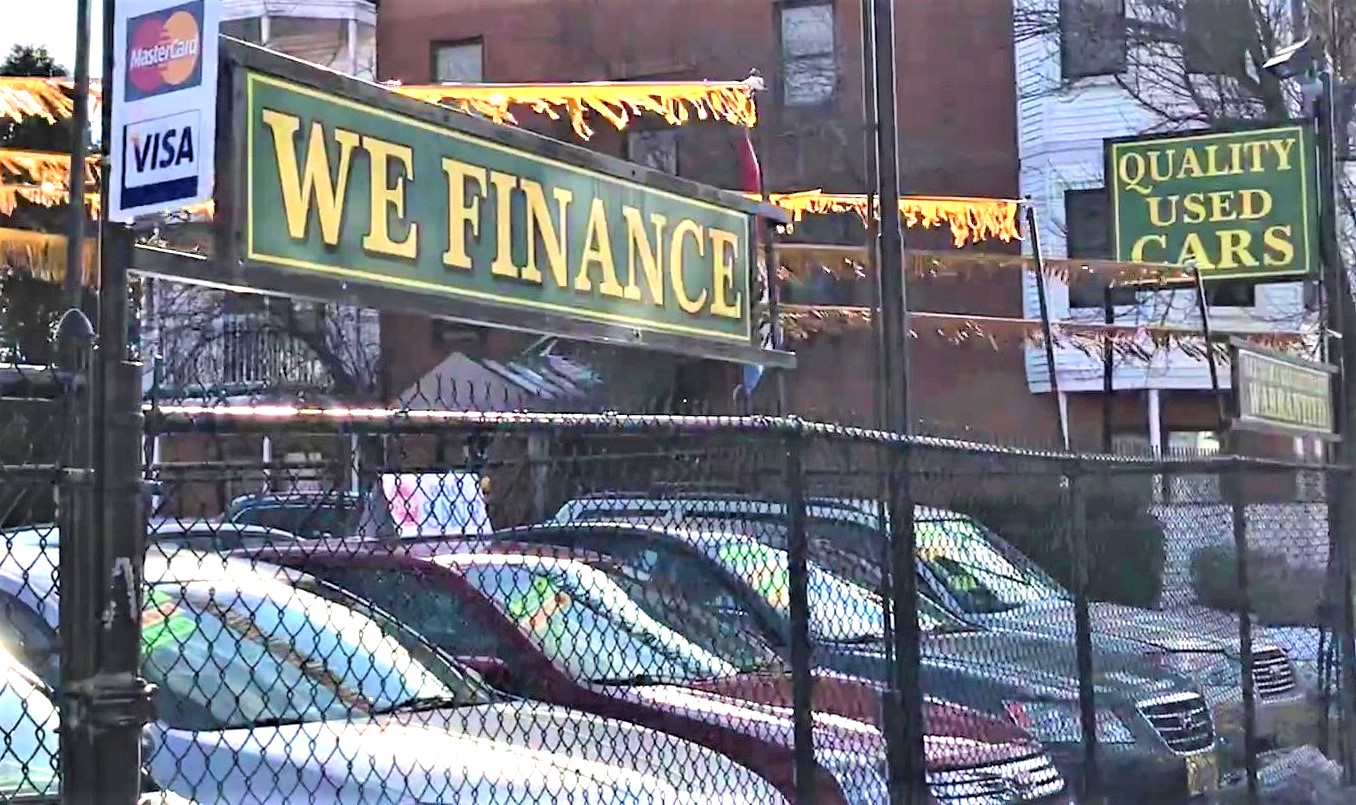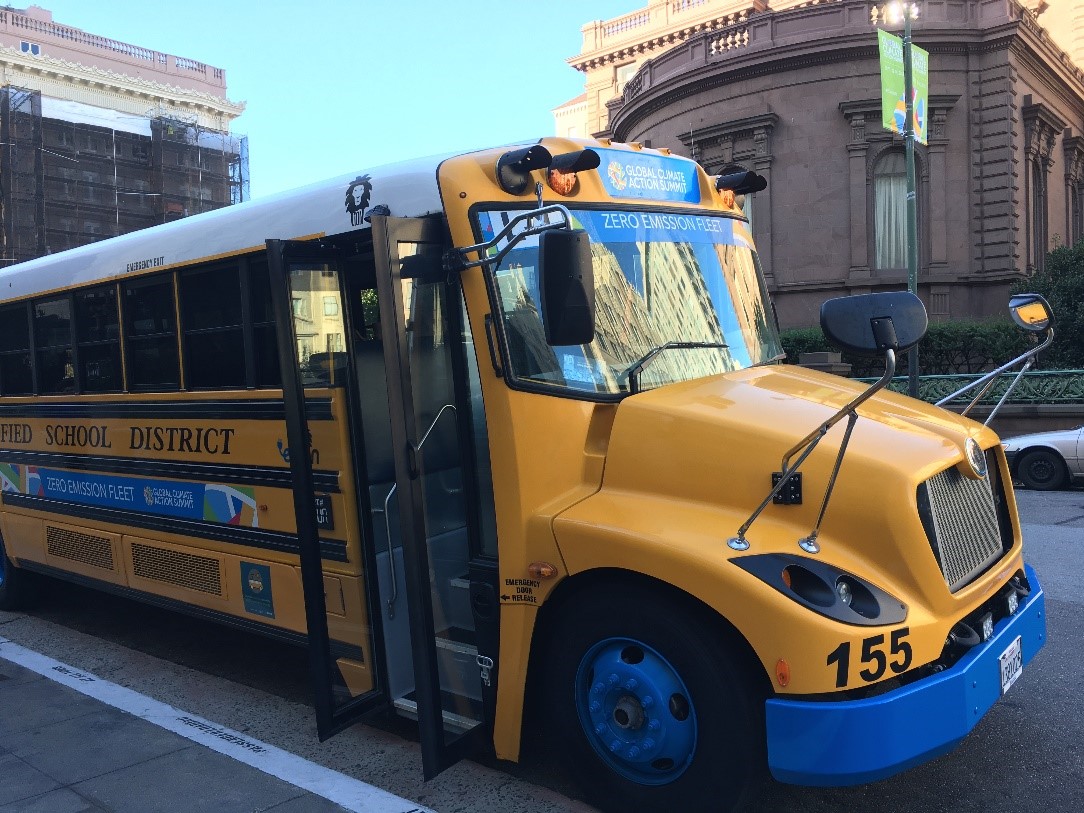U.S. House goes to school on EVs
A new congressional report on the climate crisis recommends $1 billion for clean school bus projects.

The clock is ticking on climate action. Fossil fuel emissions continue to be a growing problem and localized pollution is sending asthma rates through the roof. And while the current administration isn’t solving anything, a key group of congressional leaders recently released an ambitious plan to tackle these problems.
On June 30, the House Select Committee on the Climate Crisis released a report addressing threats to our climate. Specifically, the report details the role the federal government can play in pushing the United States toward a clean energy economy and outlines numerous climate-friendly policies that, if implemented, would help preserve the planet for future generations.
While the report is not a bill and has no force of law, it sets a clear roadmap that Congress can follow to address the climate crisis. This includes stimulating various sectors of the U.S. economy to create clean energy jobs, helping Americans prepare for the physical and mental health impacts of climate change, protecting communities from the worst weather impacts of climate change, and preserving public lands and waters.
Notably, transportation is a key sector targeted in the report.Cars and trucks are currently the largest source of global warming pollution in the United States. In particular, the report highlights a vital way to address that issue: the Clean School Bus Act, a bill that has been introduced in both the House and the Senate. The act is a critical opportunity for the federal government to significantly reduce carbon emissions from our vehicles by incentivizing electric school buses over diesel buses.
Diesel buses expose passengers to harmful pollutants, such as nitrous oxide, which cause asthma and bronchitis. Their engines are loud and are prone to maintenance issues, and diesel exhaust contains greenhouse gases which exacerbate the climate crisis. In contrast, electric buses are quieter, have fewer moving parts, and are less expensive to operate and maintain. Most important, they are completely emissions-free, making them safer for frequent passengers — like schoolchildren — and better for the environment.
The Clean School Bus Act would create a new federal grant program to help school districts finance the upfront cost of electric school buses. Although the long-term savings are appealing to many school districts, the initial investment is a financial hurdle that district budgets simply cannot accommodate independently. The bill would authorize $1 billion over five years to this cause, prioritizing grant funding for projects that serve low-income students and achieve the most significant emissions reductions.
Along with supporting that effort, the House Select Committee on Solving the Climate Crisis also recommends that Congress reauthorize the Environmental Protection Agency’s Clean School Bus Program and ensure that electric buses and charging infrastructure qualify as eligible projects. This distinction is important because it would put a priority on replacing old school buses with zero-emissions versions.
By recommending that federal grants go toward electric school buses, the House is taking steps to reduce the carbon footprint of the 480,000 school buses that carry 25 million schoolchildren to and from school each day. This is the ultimate win-win as it will both save schools money on gas and maintenance costs and protect the health of our kids and planet.
Topics
Authors
Ethan Evans
Find Out More

The auto industry has a sustainability problem. And it’s not just about the environment.

Back to school on an electric bus

What can we do about the unhealthy air quality in Chicago?


